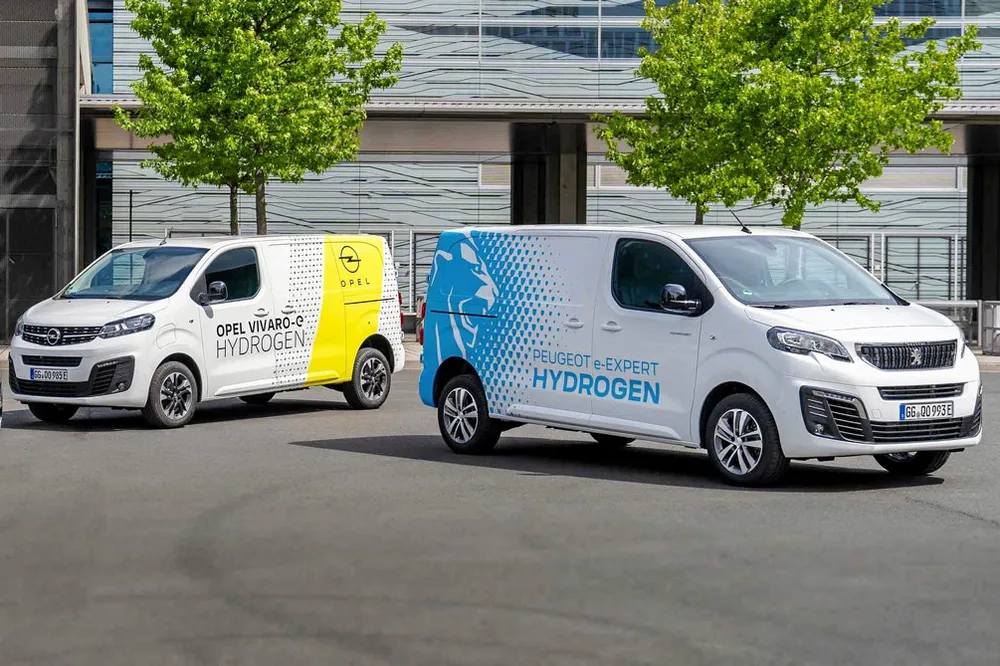Auto giant Stellantis makes major bet on hydrogen vehicles by taking 33% stake in fuel-cell player
The world’s fifth largest automaker plans to produce up to 10,000 H2-powered vans by 2024

The world’s fifth largest automaker plans to produce up to 10,000 H2-powered vans by 2024
